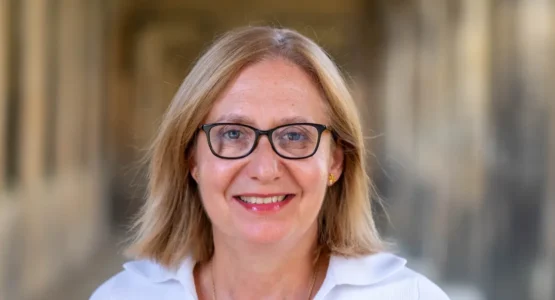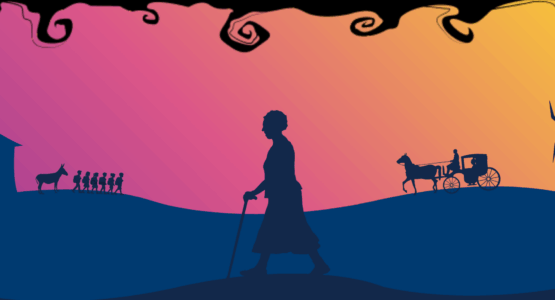Aya Majzoub (2010) studied Politics, Psychology and Sociology at St John’s before completing a Masters in Middle Eastern Studies at Harvard. Aya now works in Beirut as a researcher for Human Rights Watch where she investigates human rights abuses in Lebanon and Bahrain. Here she tells us what this role entails.
My parents immigrated to Canada in the immediate aftermath of Lebanon’s 15-year civil war, but they always hoped to be able to go back home when the security and economic situation improved. More than 30 years later, they still haven’t returned. Nevertheless, I grew up with a deep attachment to Lebanon and to my Arab roots.
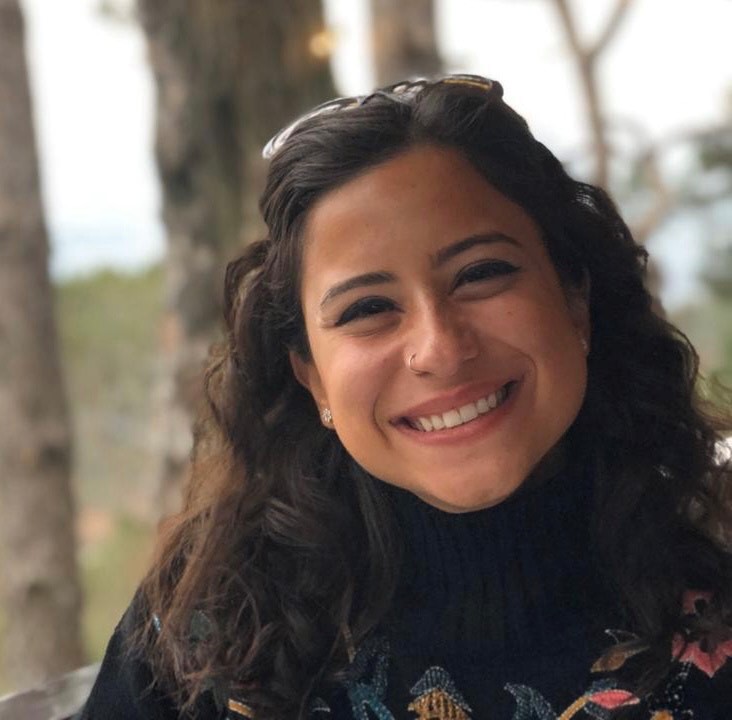
In 2006, while visiting my grandparents in Lebanon over the summer, a war with Israel broke out. I remember feeling more scared and helpless than I could have ever imagined, as civilians like my family bore the brunt of a needless and brutal war. It was then that my interest in politics, human rights and international law started. I thought that there must be another path for Lebanon and the Middle East beside this tragic cycle of violence and impunity.
I pursued an undergraduate degree at Cambridge in Politics, Psychology, and Sociology and then a Masters in Middle Eastern Studies at Harvard. During my undergraduate studies, the Arab Spring erupted in the region, demonstrating that we were indeed capable of effecting the change that our parents’ generation couldn’t. I’ve spent the last decade researching issues relating to democratic transitions and transitional justice, and advocating for greater respect for fundamental rights and freedoms.
My colleagues and I have often had to do our work in the sweltering heat and in the dark, using batteries to power our devices.
After my studies at Harvard, I went on to work with the Commission for International Justice and Accountability (CIJA) – the first independent investigative body documenting war crimes and crimes against humanity in Syria and Iraq and building prosecution cases against high-level perpetrators of these crimes. I interviewed military defectors and survivors of horrific abuses, and I analysed original military documentation that we obtained from military bases and detention facilities across Syria. My work helped connect the widespread crackdown on and torture of peaceful protestors to a coordinated, nation-wide policy orchestrated by the highest echelons of Syria’s regime and has been used as evidence in cases in Europe against members of Syria’s intelligence agencies.
After that, I joined Human Rights Watch in Beirut as their researcher on Lebanon. My time at Human Rights Watch has been marked by multiple crises, including nationwide anti-government protests in Lebanon, an acute economic crisis that has impoverished more than 80% of the population, a devastating explosion in Beirut’s port that decimated half the city, and the global Covid-19 pandemic. Throughout it all, my job was to investigate and document the impact that these crises were having on the rights of the population, hold abusive governments to account, and find innovative ways to tell people’s stories and advocate for change, including through engaging policymakers, United Nations bodies, international financial institutions, and harnessing the power of the media.
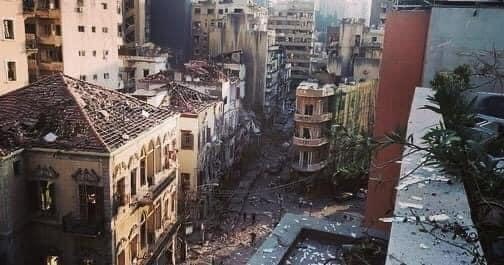
One of the most exciting things about my job is that every day is different, bringing with it a unique set of challenges and opportunities. Some days I am on the ground monitoring protests and documenting the violations that security forces perpetrate against demonstrators, or interviewing victims of torture and sexual violence, or investigating serious allegations of corruption. Sometimes I am meeting with government and security officials to press them to change abusive laws or policies. And on other days, I am speaking to the media about some of our most significant findings and policy recommendations.
The economic crisis in Lebanon has certainly made our work more difficult. Lebanon has been witnessing electricity outages that last around 22 hours a day, a shortage of medical supplies, fuel lines, internet outages, and sporadic protests. My colleagues and I have often had to do our work in the sweltering heat and in the dark, using batteries to power our devices. The pandemic exacerbated the difficulties, as we had to adapt to new ways of doing our investigations and our advocacy remotely.
But throughout it all, I have been in constant awe of the courage and bravery of the victims and survivors of grave human rights violations who have trusted me with their stories, often at great personal risk, because they realised the importance of speaking out in order to effect change. I take the responsibility that they have entrusted me with very seriously, and it is their trust in me that keeps me going.
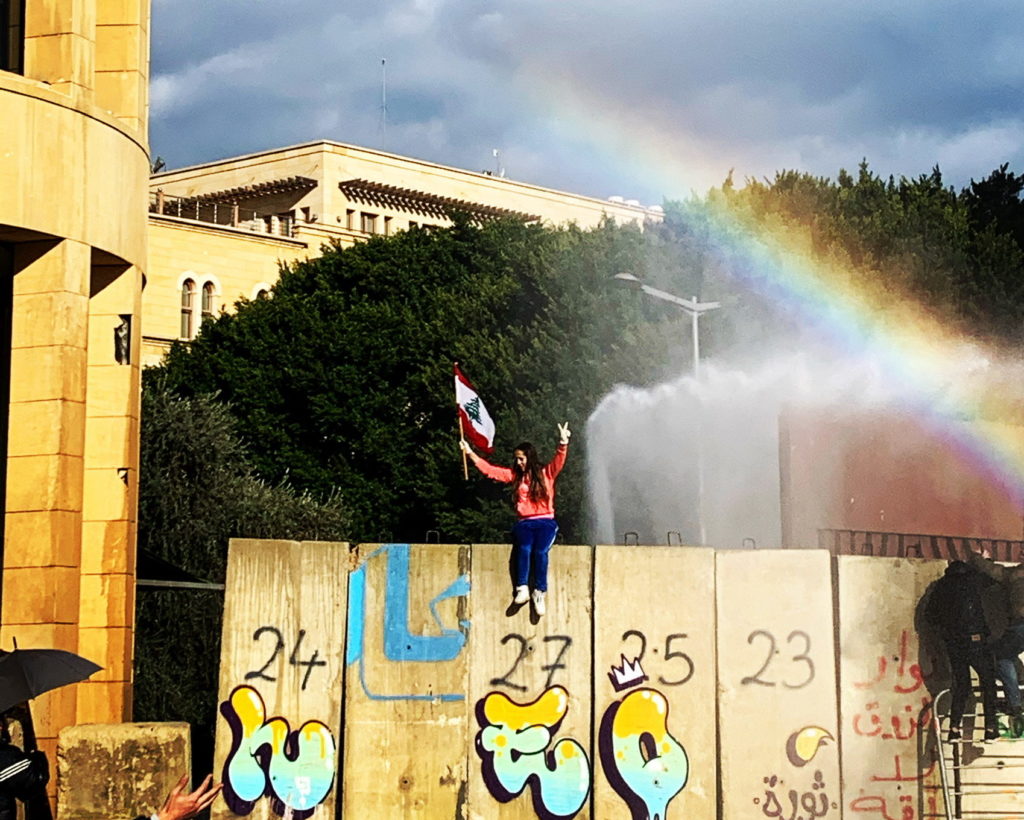
The combination of the pandemic, economic crisis, and Beirut Blast – as well as a corrupt and incompetent political establishment – have caused the sharpest decline in human rights that Lebanon has seen in recent history. But these crises have also given us an opportunity to rethink the type of state and society that we want to live in. The next few years will be busy, challenging, and at times incredibly frustrating, but I am excited to contribute to shaping the Lebanon that we want, and that we deserve. A Lebanon that my parents can come back to.




